Nobody took Mahler’s 9th seriously at first
Why MahlerTrailing his forthcoming book on contemporary Viennese reactions to Mahler’s ninth symphony, premiered by Bruno Walter a year after the composer’s death, Michael Haas writes:
The other thing that may surprise modern readers is the casual dismissal of Mahler’s Ninth Symphony. It was most definitely not seen as Mahler’s last will and testament. Writers as diverse as Julius Korngold, Richard Specht and Max Kalbeck see Das Lied von der Erde as being Mahler’s final completed symphony. The Ninth Symphony was premiered in a Herculean concert conducted Bruno Walter after Mahler’s death, together with Bruckner and Beethoven’s Ninth Symphonies and Bruckner’s Te Deum. As both Korngold and Kalbeck pointed out, it was clearly not meant to be Mahler’s valedictory statement: Kalbeck believes Mahler had decided that the Eighth Symphony served that purpose. Korngold recalled Mahler teasing that his Ninth Symphony would be light, jolly and in the key of D Major. Though the symphony we know as Mahler’s Ninth is in D Major, it is neither light nor jolly. In addition, as everyone pointed out at the time, Mahler had already embarked on his Tenth Symphony in order to get past the premonitions of a composer’s “Ninth”. The later deification of Mahler’s Ninth Symphony was most definitely a development of later years. Indeed, some of the aesthetic and structural criticism following its premiere, is quite dismissive, with Max Graf writing that it was the least original of any of Mahler’s symphonies and even Korngold suggesting it contained some of Mahler’s least convincing music.
Read on here.

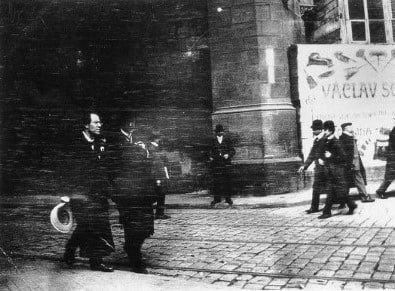
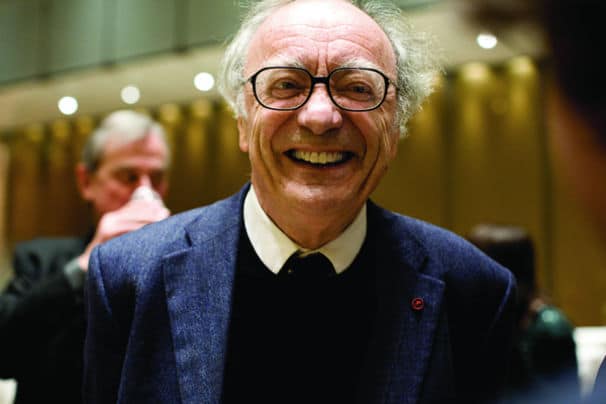
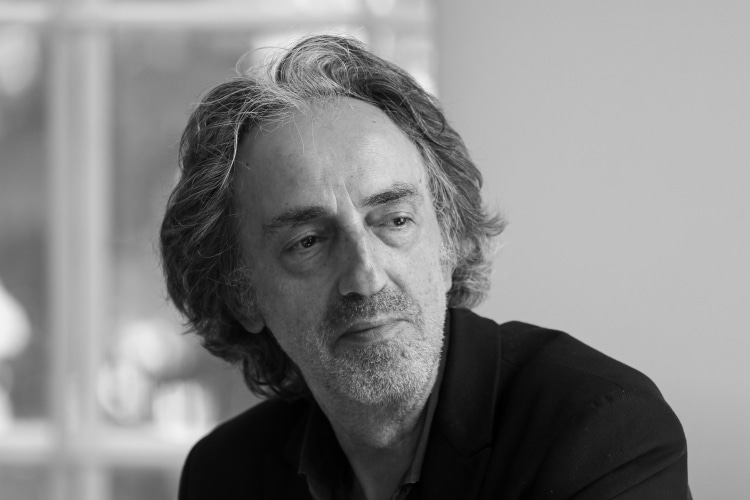
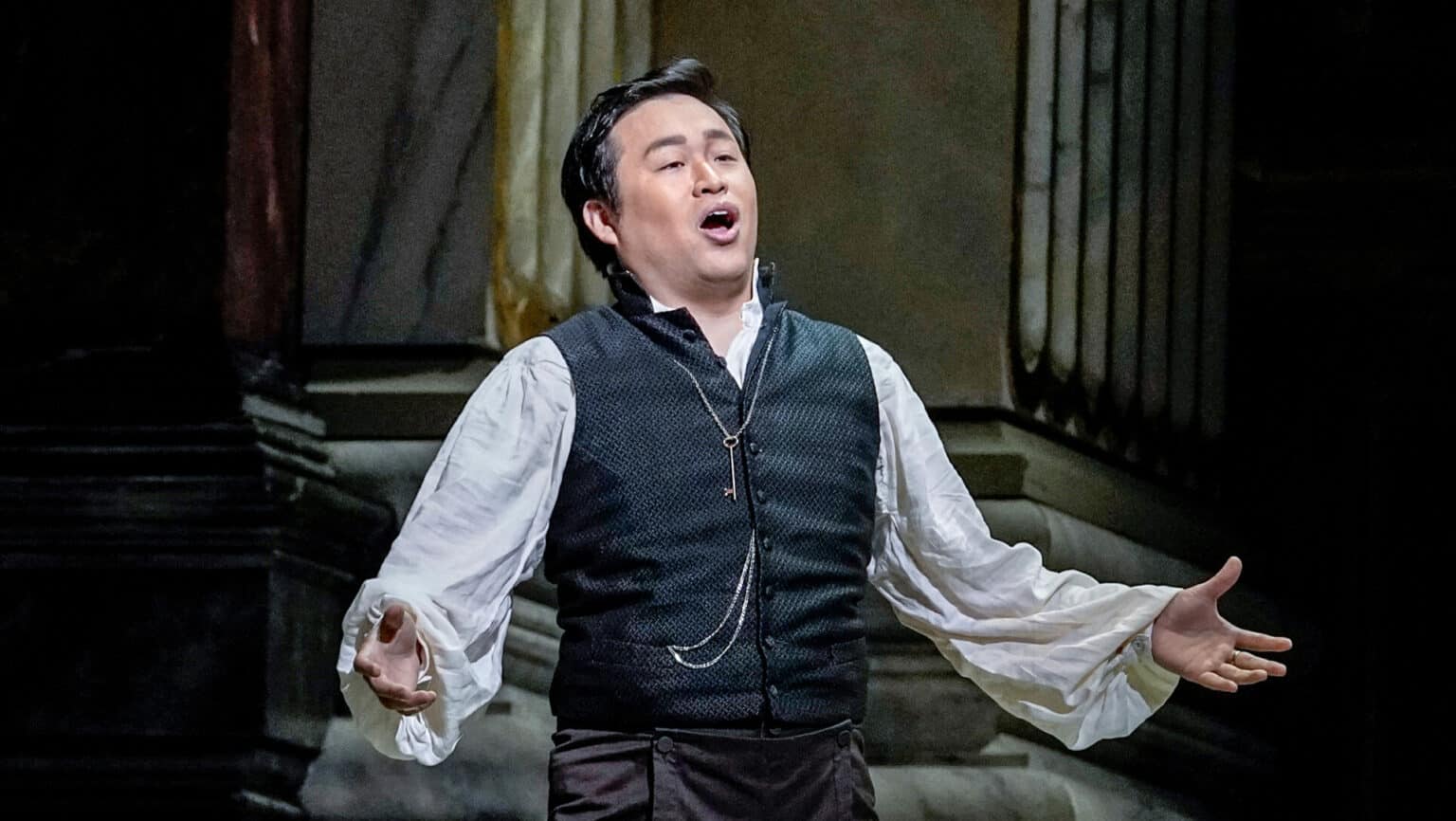
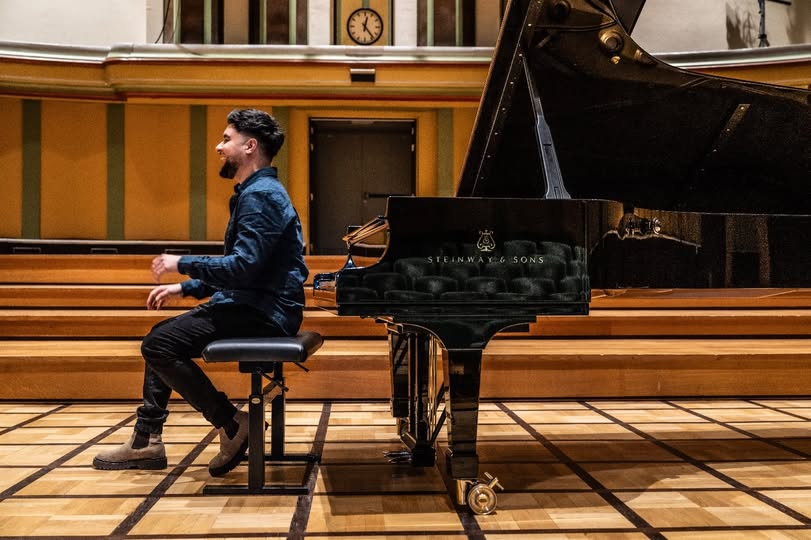
In contrast Simon Rattle has now recorded it three times, his latest with Bavarian Radio Symphony on their own label,Orchestra, thought by some to be his best.
Earlier efforts were with the Vienna and Berlin Philharmonic Orchestras.
An informative review of Rattle’s 3rd recording of the ninth is here
https://www.youtube.com/watch?v=S1wmw6tcSpE
When any friends or acquaintances ask me for suggestions of Mahler recordings, I always demur and tell them I’m the wrong person to ask because I just don’t “get” Mahler. (And when I’ve been pushed I recommend Klemperer, Bruno Walter, Bernstein, and Kubelik, because the Mahler-lovers I know consider those the best Mahler conductors.)
(On the other hand, anyone who asks me about Bruckner performances and recordings has knocked on the right door.)
As for the 9th symphony, as many times as I’ve heard it live and listened to it in recordings, I just think it badly needs an editor. And then I saw this comment from the late, well-respected NY critic Deems Taylor, which really resonated with me:
“Someday, some real friends of Mahler’s will … take a pruning knife and reduce his works to the length that they would have been if the composer had not stretched them out of shape; and then the great Mahler war will be over … The Ninth Symphony would last about twenty minutes.” – Deems Taylor
This reminds me of what the late Maestro Giuseppe Sinopoli once said to the orchestra during a rehearsal: “The only problem with Webern is that his pieces are too long and the only problem with Mahler is that his are too short”. It did not make much sense to me then and it does not now either.
You can add Horenstein to your list!
Mahler 9 does not need an editor, nor pruning sheers. As esteemed as Deems Taylor may or may not have been, he is dead wrong in this quote, displaying ignorance as to what Mahler was about, and narrowmindedness as to what a symphony could be.
As for ‘getting’ Mahler, assuming that it’s not a case of simply disliking the aesthetic of the music, what’s not to get?
Strikingly original approach to absolutely everything, form, structure, melody, harmony, everything, like no other late-Romantic composer.
Fractured narrative, severely multi-layered musical- & orchestral textures, counterpoint on acid, ie severely contrasting melodic & rhythmic motives all vying for attention at the same time, all within the context of a largely late-Romantic harmonic palette pushed to its limits.
Breathtakingly beautiful.
I respect that you and many others have that reaction to Mahler’s 9th. I wish I did.
Seems to me that you could view Mahler 9 as a more ‘fin de siecle’ take on Bruckner 9, but with an extra inner movement. F.Y.I. I love the Bruckner 9th (sans anybody’s conjectural finale). In terms of the form of Mahler 9, Mahler was clearly influenced by Tchaikovsky’s “Pathetique” Symphony – a work Mahler conducted several times with his New York orchestra (and even took it on tour). It was the orchestra that would eventually be named the N.Y. Philharmonic.
Could Norman or anyone perhaps clarify when and where that photo was taken? I believe I recognize the tram tracks in the cobblestone street, and from that “Václav” in the background poster, I am guessing that this was taken in front of the Municipal House (Smetana Hall) at Náměšti Republiky in Prague.
Prague, September 1909, while he was rehearsing the premiere of the 7th symphony.
Koussevitsky programmed M9 a surprising number of times in Boston, always IIRC on.the first half and typically followed by the damdest things….
Koussevitsky gave the American premiere in 1931. Better late than never. Ozawa’s recording of it with Boston is pretty darn good – one of his best ones.
Mahler 9, even Mahler full stop, so what?
Walter gave the world premiere in Vienna in 1912. Mengelberg gave the Dutch premiere in 1918. Did Dutch critics also not take it seriously? . . . The British premiere wasn’t until 1930 (Manchester). Koussevitzky gave the American premiere in Boston the following year. It wasn’t heard in Tokyo until 1967, when Kiril Kondrashin brought it there on tour. Seems to me the 9th was something of a late bloomer.
Among the most moving photographs of a composer Mahler seems impregnated into the fabric of Prague. .